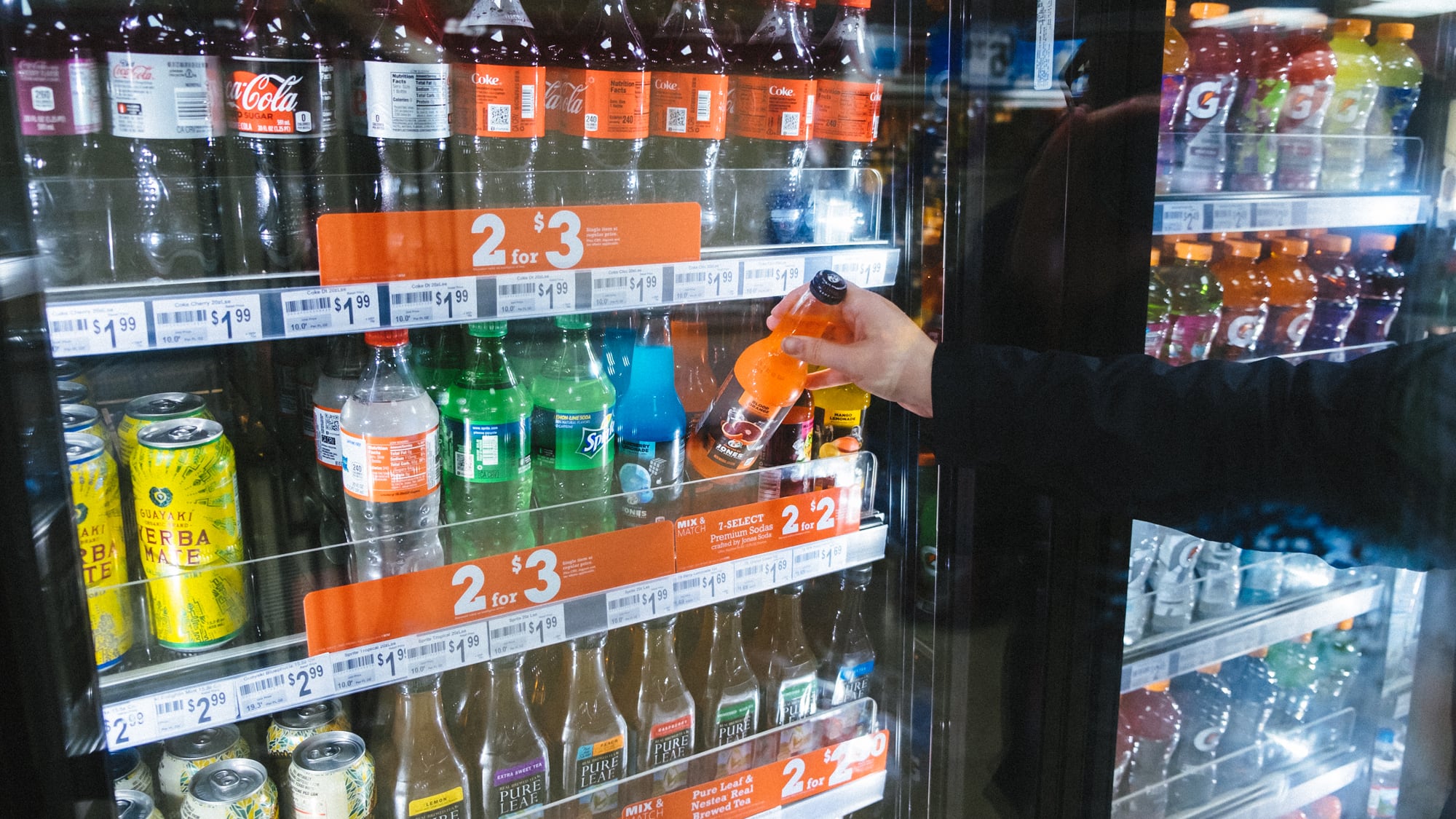For nearly a year, two billionaires have been throwing money around Portland to raise the price of soda.
The billionaires: former New York City Mayor Michael Bloomberg and John Arnold, a Houston-based former energy trader. Their cause: a tax on sugary drinks that would have added 18 cents to the price of each 12-ounce can of Coke.
The two men spent $915,000 to gather signatures to place the $28.4 million-a-year tax on the Multnomah County ballot in May 2018.
But last week, the soda tax backers admitted they needed a do-over.
The pro-tax committee, the Coalition for Healthy Kids and Education, announced it would delay going to the ballot until at least November 2018. That means starting from scratch to gather 17,381 signatures for a 1.5 cent-per-ounce tax.
There are plenty of reasons to change the date on a ballot measure. For one, November voters tend to look more favorably on taxes.
But observers say Bloomberg and Arnold failed to do the kind of groundwork that marks a successful campaign. Although they spent big on political consultants, most of them were either from elsewhere or politically inexperienced.
"Soda taxes are a hard thing to just pour money into because both sides have a lot," says Carol Butler, a Portland political consultant not involved in the campaign. "The way they passed a tax in Oakland was instructive: lots of earned media and serious coalition-building with advocates. That goes better if you have local consultants with relationships and a history."

One sign of how ineffective the soda tax backers were: Multnomah County Chairwoman Deborah Kafoury, who oversees Oregon's largest county health program and has long advocated local taxes to promote wellness, never received a phone call from them.
"They didn't do the basics, like lining up support from community members and elected officials," Kafoury says. "I have never talked to anyone from the campaign."
The campaign's top consultant, Christian Sinderman, lives in Seattle. His team—Washington, D.C.-based Fieldworks and Portland's Brink Communications—have a short track record in local races. Nonetheless, Fieldworks made $400,000, and Brink, a PR firm, made $104,000—its top campaign payday ever.
Terri Steenbergen, campaign manager for the pro-tax effort, says the issue was simply timing.
"We always felt May would be favorable for our campaign, and continue to believe this," she says. "However, the watershed elections this November demonstrate that future electorates provide even better landscapes for success."
Sinderman and Brink declined to comment.
The new delay marks the latest setback for an idea that's been kicking around Multnomah County since at least 2010. In the meantime, left-leaning cities like Berkeley (2014); Philadelphia, Oakland and San Francisco (2016); and Seattle (2017) have passed their own soda taxes.
Last year, Upstream Public Health, a Portland nonprofit, revived the idea but then collapsed under financial mismanagement.
Bloomberg and Arnold have stubbed their toes in Oregon before. In 2014, they spent nearly $5 million on a measure to make primaries nonpartisan. It got 32 percent of the vote.
The billionaires should expect massive spending by Big Soda here: Insiders say $6 million to $10 million.
Even without a set date for a vote, the "no" campaign polled heavily, papered low-income and minority neighborhoods with fliers, and skewered the tax on social media.

"As long as the tax is a possibility, we are going to want to talk to every Multnomah County resident we can," says Felicia Heaton, a spokeswoman for the "no" side. "That's going to take a lot of resources and a lot of boots on the ground."
The prospect of a big payday led one political consultant, Jake Weigler, to seek work with the "yes" side—then go to work for the "no" camp.
Though he's long worked on progressive issues, Weigler says the proposed tax is unfair.
"Beverage taxes place a larger share of the tax burden on people who can least afford it," he says, "and the latest iteration of this tax is no different."
For now, there's no way of knowing how much Big Soda paid Weigler or his successors. Campaign finance rules don't require an opposition group to disclose spending until a measure qualifies for the ballot.
